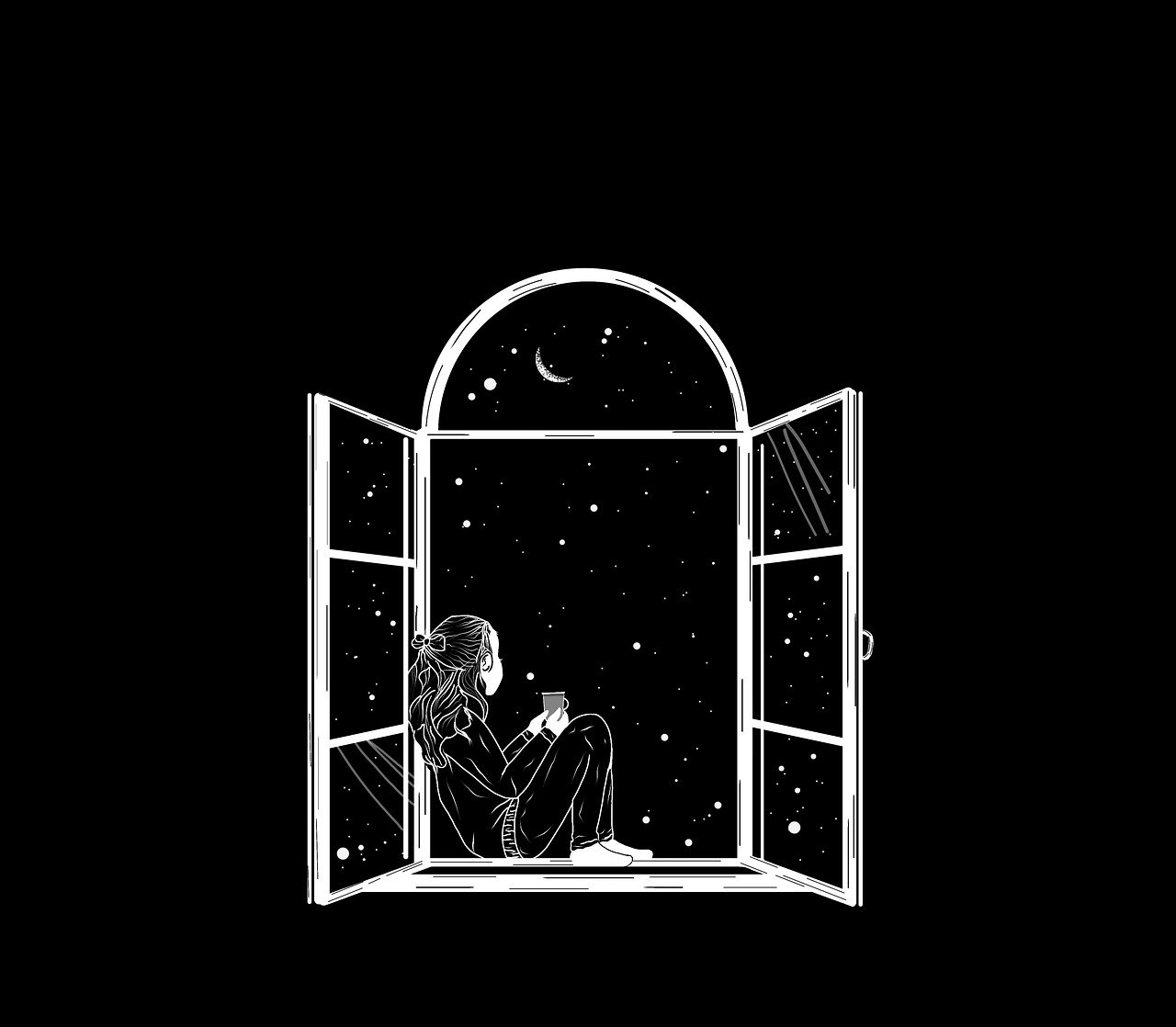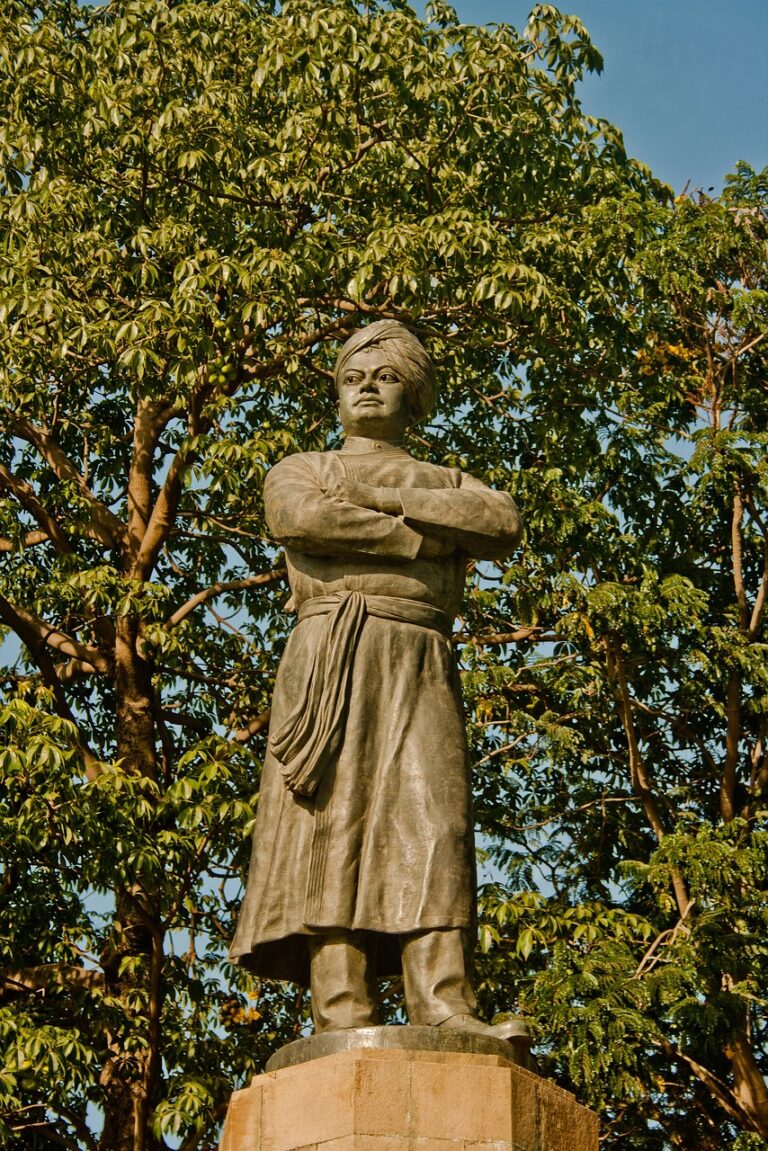
Counterpoint: Why Lata Mangeshkar didn’t want to be reborn as a girl?
A few days ago I suddenly stumbled upon an old video of Lata Mangeshkar. The nightingale of India, was candid in her confessions on certain important issues, about her next birth.
While evincing pride in her Hindu heritage, Lata succinctly articulated that, as per the Hindu belief system, which endorses the re-birth, if she were to be reborn, she would prefer to be born as a Maharashtrian. And the bombshell she dropped, which almost surprised me: “But not as a girl; in fact, as a boy, a male member, for the life of a girl is very difficult.”
The explanation offered by Asia’s all-time greatest voice befuddled me beyond words could describe, as an incident of boyhood days in the past, deluged my memory cell: while walking with my friend Subrata, he suddenly broached the similar topic of next birth, “If I were to be reborn, surely I would love to be born as a male member of the family’, and then, squirming at the remotest thought of taking birth as a female, he hastily averred, ‘Never as a girl, as I can see the agonies of my sisters”.
Separating from Subrata, I lapsed into the torrent of thought tumbling out of my memory cell: Road cricket was very common in those days in Calcutta. We would fix matches with other localities in the afternoon. We had fixed up the match with Bakultala on that day. As we all trouped along towards Bakultala, accompanied by some seniors of other locality, I beheld, to my utmost discomfiture, how the seniors would throw stones at a girl, walking a little ahead of us. Agonisingly, they continued to hoot, pass lecherous comments unless the girl had vanished from our sight.
The incident was thought-provoking for me, as I began pondering the whole issue: why would girls or women be subjected to such unwarranted harassment? Later while pursuing Chartered Accountancy, I would offer private tuition to students at my home. Ananya Banerjee was my student pursuing graduation in commerce, would stay near Sisu Mangal hospital, would often put on jeans, had confided in me, “Janen Sir, ami bari thake berolei, parar chele gulo nana bhave comments kare, whistling kare, ami tader pata di na, tara aro rege ulta palta comments kare ( Sir, you know when I venture out of my house in jeans, the boys pass on lecherous comments, which I disdainfully ignore, whetting the higher degree of their indignation, thus they use even the worst form of profanities to besmirch my honour and dignity)”.
I instantly commiserated with Ananya, for I was well aware of the warped mindset which prevailed in Calcutta then. Significantly, while revelling in our adda at Rashbehari, I have been exposed to every aspect and dimension of life in Calcutta– where we discussed everything under the sun. Sensual gratification was the solitary agenda of my friends congregating at our adda in Rashbehari. In short, the prevailing trend of the objectification of women was the pivot around which our world in adda at Rashbehari, exclusively revolved; that the world existed beyond the sensual gratification, was foreign to my friends at adda in Rashbehari.
Every mother of a daughter is disconcerted today; the mothers shrivel at the remotest of thoughts of their daughter ending up as the casualty of the predatory mindset of the society.
The latest concert of singer Shreya Ghosal in Salt Lake Stadium, where she sang the heart-rending song penned by Shantanu, ‘Tumi bandhu aaj sunbe‘ (O friend, you listen today) badly shook me out of my stupor; a soul-stirring song, which invigorated me into the state of transfixion: the brute reminder of Gurudev Tagore’s invocations, rushed into my memory cell: Where the mind is without fear, and the head is held high.
Shreya Ghosal’s song strives to remind us that the thick and dense dark night has only elongated, and the bright morning is still far away. No wonder why Lata Mangeshkar didn’t want to be reborn as a girl again! And this is really sad.
*Author, Academician and Public Intellectual.




